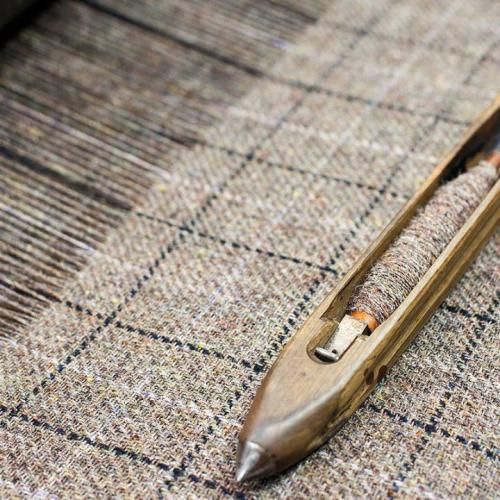Will Fast Fashion Survive the COVID-19 Crisis?

There are many
reasons why people choose to invest in high-quality, long-lasting garments, but
regardless of this, the fast fashion industry has grown exponentially over
recent years. Before the COVID-19 pandemic swept the world, it was easier than
ever to buy a £1
bikini form a high street store, or order clothes online that had been
crafted using cheap, man-made fibre and exploitive labour. However, many major
fast-fashion brands rely on worldwide supply chains and therefore the global
pandemic, paired with changing attitudes towards fast-fashion, are likely to
spell disaster for the industry.
So, what’s the
alternative? Sustainable fashion that champions quality over quantity is
already seeing a resurgence, and thanks to economic factors, environmental
fears, and human rights activism, high-quality heritage brands are likely to
define to future of fashion. Let’s take a closer look at where fast fashion
made some wrong turns, and why sustainable and high-quality garments are more
important than ever.
The effect of COVID-19
Not only has the
COVID-19 outbreak had a major economic impact on fast fashion outlets, but it
has resulted in a change in popular opinions surrounding some well-known
brands. Many fast fashion retailers chose to keep their outlets open for the
majority of march despite clearly fitting into the ‘non-essential’ category. A
great number of these brands have also faced criticism surrounding the
treatment of their employees who are now facing mass lay-offs.
Naturally, the
economic fallout that will inevitably follow this crisis will affect all
fashion outlets, big and small, cheap and luxury. However, if we refer back to
the outcomes of the 2008 financial crash, we have reason to believe that
high-quality fashion brands and luxury goods will bounce back more quickly than
fast fashion will. According to Vogue
Business, “The economic downturn of 2008-2009 shaved 9 per cent off the
value of the luxury goods market, although it recovered quickly.” And this
recovery will be key during the months and years following the global pandemic
we are living through now.
Environmental Impacts
The fast fashion
industry is currently one of the biggest contributors to the climate crisis.
Due to global supply chains, inadequate recycling systems, and throw-away
culture, the industry makes up a shocking ten per cent of global
CO2 emissions.
What’s more, these
garments that require so much energy to create and ship are likely only worn a
few times. In fact, the average item in the UK only is only worn 14
times before being discarded, a figure that motivate GLAMOUR magazine to
introduce their ’30 wears challenge’ last year.
From excessive
plastic packaging, to returned items heading straight to landfill, there are
countless environmental issues with the world of fast fashion. This leaves us
turning to the alternative: quality garments and ethically sourced clothing.
Why quality is key
From locally
sourced materials to sustainable supply chains, high quality fashion houses are
thriving. Brands such as Walker Slater, a traditional heritage fashion house specialising
in Harris
tweed jackets and waistcoats, are now proving that quality garments will
always demand respect and deliver customer satisfaction. Such companies have
built up customer loyalty over years and shoppers will stick with them through
thick and thin, rather than opting for a high street brand. High quality brands
champion the importance of buying clothes for life instead of just singular
events, combatting throw-away culture and striving to put an end to the
mounting piles of clothes ending up in landfill.
In addition,
sustainable companies take each stage of production into account, minimising
their environmental impact at every opportunity. When analysing a brand’s
sustainability, check that they use locally sourced, sustainable fabrics, such
as wool, tweed, and sustainably sourced linen. What’s more, local supply chains
are of vital importance when it comes to sustainably. Make sure your new item
hasn’t racked up too many air miles before it reaches your wardrobe!
High quality
companies are also likely to take more care in making their production lines
eco-friendly. Walker Slater, for example, pride themselves in using LED
lighting in all locations alongside centralised recycling of paper and
packaging, glass and plastics. A number of their main manufacturers also use solar
energy to power their factories. They also work to support other sustainable
mills and knitwear companies.
Choosing quality
pieces over hoards of fast fashion items, that will likely fall apart within
years of their purchase, will benefit both the environment and your wardrobe. What’s
more, it is important to support such ethical business get back on their feet
after the coronavirus pandemic so that they can continue doing their part for
the environment. Investment pieces may be more expensive in the short term, but
they will serve you well for years to come proving themselves to be a worthy
investment.

Comments